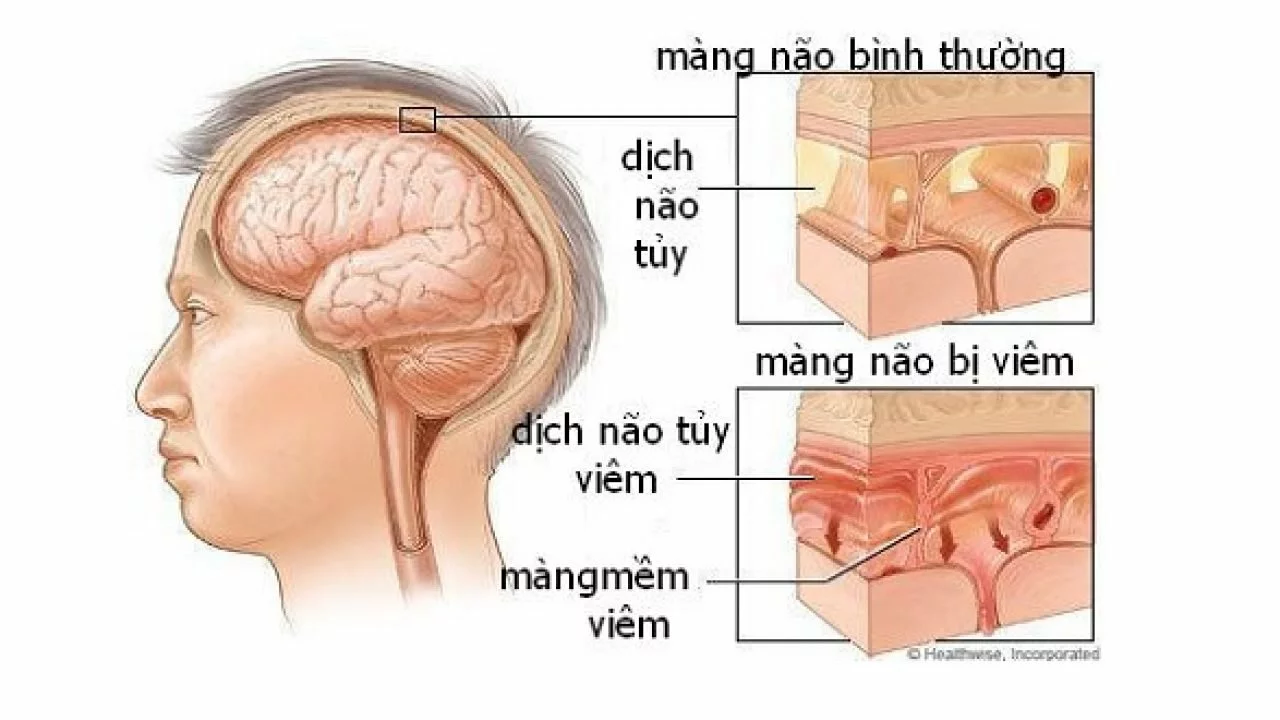Meningitis: Spot It Fast and Act
Meningitis can go from mild to life-threatening in hours. That sounds scary because it is — but knowing the signs and the quick steps to take cuts risk. This page gives clear, practical help: common symptoms, what causes it, how to prevent it, and when to treat it as an emergency.
What to watch for — symptoms that matter
Adults and older kids: the classic signs are sudden high fever, severe headache, a stiff neck, and sensitivity to light. You may also feel nauseous, vomit, or become confused and sleepy. A rash that won’t fade when you press a glass against it (the glass test) can be a sign of meningococcal meningitis — get help now.
Infants and toddlers show different signs: feeding poorly, vomiting, being unusually sleepy or irritable, a high-pitched cry, and a bulging soft spot on the head (fontanelle). Babies can get very sick fast; trust your instincts and call your doctor or emergency services if something feels wrong.
Causes, treatment, and prevention — clear steps you can take
Causes: Meningitis happens when the membranes around the brain and spinal cord get inflamed. Bacteria (like meningococcus, pneumococcus, or Hib) cause the most dangerous forms and need urgent antibiotics. Viruses cause many cases too — those are usually milder and often improve on their own. Fungi and certain drugs or autoimmune conditions can also cause meningitis but are less common.
Treatment: If bacterial meningitis is suspected, doctors start intravenous antibiotics right away — every hour counts. Viral meningitis may need rest, fluids, and symptom care; sometimes antiviral drugs are used. If you’re around someone diagnosed with bacterial meningitis, health teams often recommend preventive antibiotics for close contacts; follow their advice.
Prevention: Vaccines are the most effective protection. Meningococcal, pneumococcal, and Hib vaccines cut risk dramatically. Wash hands, avoid sharing drinkware or cigarettes, and stay home when sick. If you travel to areas with outbreaks, check vaccine recommendations before you go.
When to act: Any combination of high fever, severe headache, neck stiffness, confusion, or a non-fading rash needs immediate medical care. For babies, poor feeding, unusual sleepiness, vomiting, or a bulging fontanelle are red flags — don’t wait.
Aftercare: Survivors sometimes face long-term issues like hearing loss, balance problems, or memory and concentration changes. Early rehab, hearing checks, and follow-up with your doctor improve recovery.
Got questions about vaccines, antibiotics, or what to do after exposure? Talk to your doctor or local health clinic. If you suspect meningitis now, call emergency services immediately — quick action saves lives.

